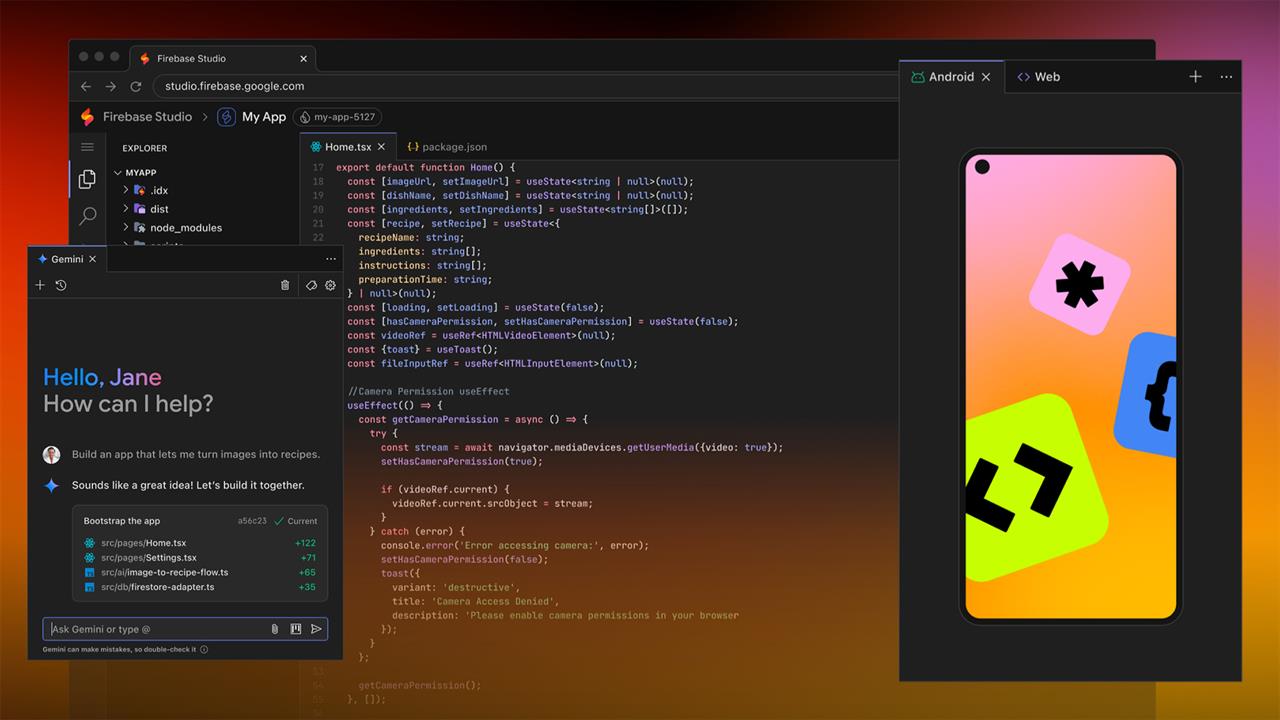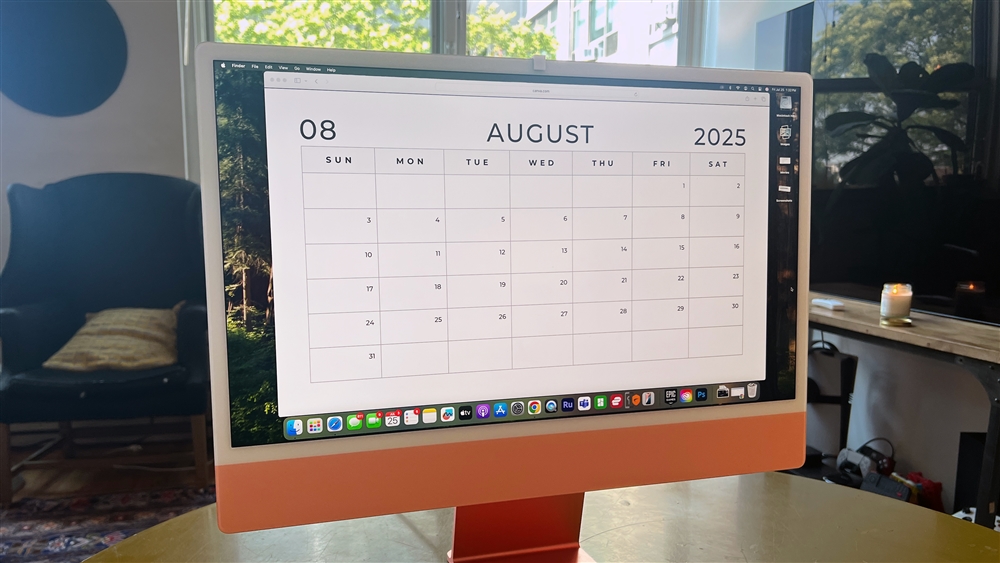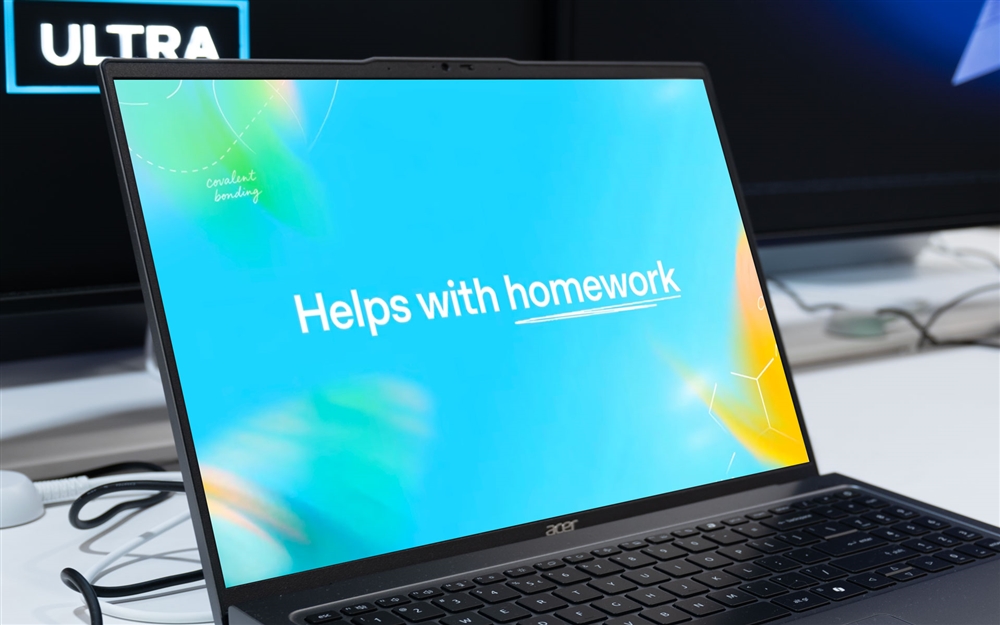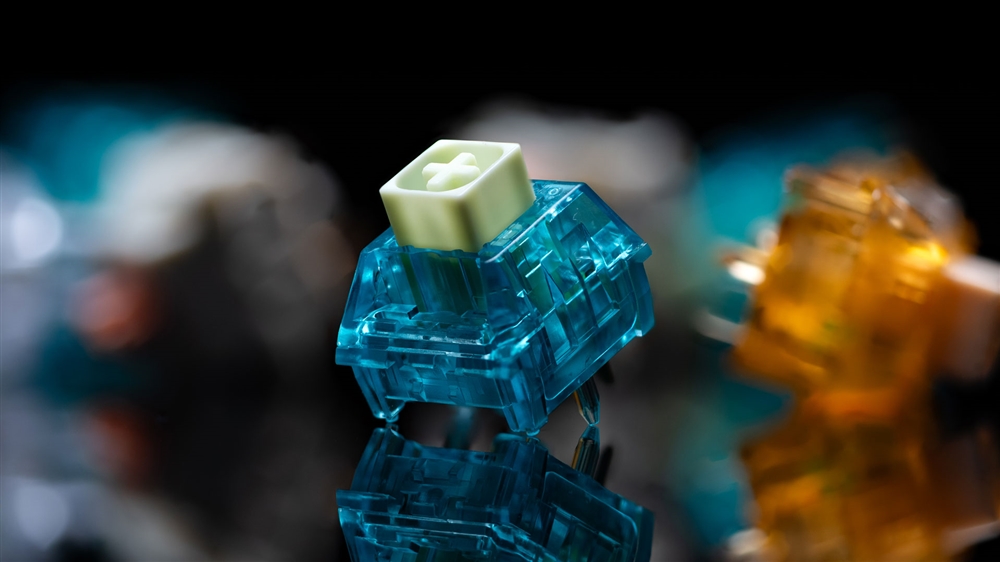This Week in AI: OpenAI and Google Take On Coding
For April 18, 2025: Microsoft's Recall returns, Netflix's new AI, ByteDance going after Snap and Meta's glasses.News

Last year, the startup Cognition revealed a shocking technology: Artificial intelligence bots that can code on their own. Cognition called it "the first AI software engineer," but to many in the tech world, it seemed a first real step towards "Is AI taking my job?" (Spoiler: Not yet.)
Since then, a bunch of other companies have jumped in with their own takes on the idea, including Microsoft with its Copilot Studio. This week Google entered the race with its Firebase Studio and OpenAI announced its still-in-development A-SWE.
Whether they'll live up to the hype is still an open question, but just as with any other tasks, the devil will be in the details. For example, testers found that some LLMs suggest code that includes security vulnerabilities a non-coder might miss. Those little missable details aren’t just in code, however. News organizations that have begun using AI to create summaries of stories have learned it doesn't work well, leading to embarrassing corrections on top news stories at Bloomberg. Even Apple was forced to turn off its AI summaries for news apps after it wrongly described some story headlines.
Ultimately, many people I've met who have used LLMs in depth have found they're most successful as “pair support.” This is especially true in the medical field, where studies have shown that AI might detect cancer better than doctors, but doctors working together with AIs are best. The New York Times is taking a similar tack, building its own AI to support ideation, analysis and accessibility, but not direct creation or editing of stories.
"We view the technology not as some magical solution but as a powerful tool that, like many technological advances before, may be used in service of our mission," The NYT said in a memo to staff earlier this year.
Coding may ultimately end up in a similar boat, though many tech executives are hoping to push AI tools even further. Last year, Google said AI powers 25% of its code, though critics might wonder how much of that code might have contributed to the company's own AI summaries blunders.
Microsoft un-recalls Recall's recall
Microsoft's Recall feature for Copilot Plus PCs is finally launching after a nearly year-long delay, driven by security concerns. Microsoft initially pitched Recall as a futuristic way AI can help you backtrack through whatever you'd been doing. The way it works is to take regular screenshots, that the company's AI then analyzes to understand what's on the screen. The result is a detailed, searchable database of everything you've done on your computer.
For many people, that sounds cool. But it's also possibly scary at the same time. After all, I wouldn't want anyone discovering the fake social media accounts I might use to make myself look cooler than I am, or piecing together that I may have repeatedly lied about topping global video game leader boards. (Not that I'd do such things.)
After some tweaking, Microsoft says its Recall is now more secure, tied to various Windows security technologies, including data encryption and biometrics.
Netflix has a new way to chill
Netflix already has one of the most well-regarded recommendation technologies in the world, built on AI tools that learn what you watch and suggest new things that you're very likely to enjoy. Now, Netflix is testing a companion technology that can recommend things based on your vibe.
The new tool is the result of a partnership with ChatGPT maker OpenAI, according to a report from Bloomberg that detailed the system. The result is a search tool that looks for content "using far more specific terms, including a subscriber's mood." If it's anything like OpenAI's internet search feature, users will likely be able to make requests using "natural language" as well.
ByteDance has a new pair of specs
As cameras have gotten smaller and more capable, they've allowed us to go a multitude of places many of us would never have seen. Snap's Spectacles and Meta's Ray-Ban in particular are designed to help make videos even more personal for social networking, while adding voice-controlled AI goodies.
Now, it appears TikTok owner ByteDance is getting into the game too, according to a report in The Information. Things are reportedly in the early stages, but if true, it could be another step in the tech industry's decades-long effort to conquer your face. ByteDance's smart glasses are reportedly being designed to offer good quality photo and video capture, without compromising on battery life, which is the biggest stumbling block to date for smart wearables.Read more: AI Tools and Tips
- How to Use an AI Agent
- Chain of Thought: AI's New Reasoning Revolution
- DeepSeek's New AI Challenges ChatGPT — and You Can Run It on Your PC
- How To Improve Your AI Chatbot Prompts
- How I Turned Myself into an AI Video Clone for Under $50
- What is Meta AI? A Capable Chatbot That’s 100% Free
- How to Get Started with Copilot for Microsoft 365
- Getting started with LM Studio: A Beginner's Guide
- Meet Claude, the Best AI You've Never Heard of
- What is TOPS? The AI Performance Metric Explained
Ian Sherr is a widely published journalist who's covered nearly every major tech company from Apple to Netflix, Facebook, Google, Microsoft, and more for CBS News, The Wall Street Journal, Reuters, and CNET. Aside from writing, he tinkers with tech at home, is a longtime fencer -- the kind with swords -- and began woodworking during the pandemic.











